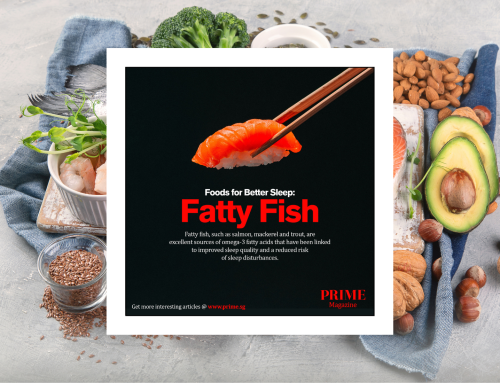According to a report on Channel Newsasia, two consignments of rockmelons imported from a grower that has been implicated in the deadly outbreak of human listeriosis in Australia were sold in Singapore between Feb 12 and Mar 2. The remaining unsold rockmelons from the affected consignments have since been removed by the Agri-Food and Veterinary Authority of Singapore (AVA). The AVA has advised that consumers who suspect that they may have purchased the affected rockmelons within the affected time period not consume them and seek medication attention if they do not feel well after consumption.
So what exactly is Listeria?
Listeriosis is food poisoning caused by eating foods contaminated with the Listeria monocytogenes bacterium. It is a fairly uncommon illness but can potentially be fatal if it causes septicaemia (blood poisoning) or meningitis (inflammation of the membranes around the brain). Those particularly susceptible to listeriosis include the elderly, pregnant women and their fetuses and those with weakened immune systems.
Listeria monocytogenes is found in the environment, particularly in soil and water, and can be carried by pets and wild animals. A vegetable or fruit can become contaminated at any point along the chain of food production. This includes the planting, harvesting, packing, distribution, preparation and serving processes. On farms, irrigated waters, wash waters and soil can all be sources of contamination. Listeria can survive in some soils for up to 84 days. Heavy rains can splash listeria from soils onto the surface of vegetables, especially those that grow low to the ground, such as rockmelons.
Contamination can also occur in restaurants and home kitchens where the listeria monocytogenes bacteria can be found and spread. It can survive at refrigerated temperatures and has adapted to survive acidic environments such as the stomach.
What are the symptoms of Listeria?
It should be noted that eating foods that contain listeria bacteria does not necessarily make a person sick. Listeria monocytogenes can survive in the body for a long time, sometimes referred to as an “incubation period,” between ingestion and onset of illness. This period can be as long as 70 days.
Symptoms of this disease include fever, muscle aches and gastrointestinal problems such as nausea, vomiting and diarrhoea. If infection spreads to the nervous system, symptoms such as headache, stiff neck, confusion, loss of balance or convulsions can occur.
How can you prevent Listeria?
- Do not drink raw (unpasteurized) milk, and do not eat foods that have unpasteurized milk in them.
- Wash hands, knives, countertops, and cutting boards after handling and preparing uncooked foods.
- Rinse raw produce thoroughly under running tap water before eating.
- Keep uncooked meats, poultry, and seafood separate from vegetables, fruits, cooked foods, and ready-to-eat foods.
- Thoroughly cook raw food from animal sources, such as meat, poultry, or seafood to a safe internal temperature.
- Wash hands, knives, countertops, and cutting boards after handling and preparing uncooked foods.
- Consume perishable and ready-to-eat foods as soon as possible.
- Persons in higher risk groups (pregnant women and older adults) should heat hot dogs, cold cuts, and deli meats before eating them.










